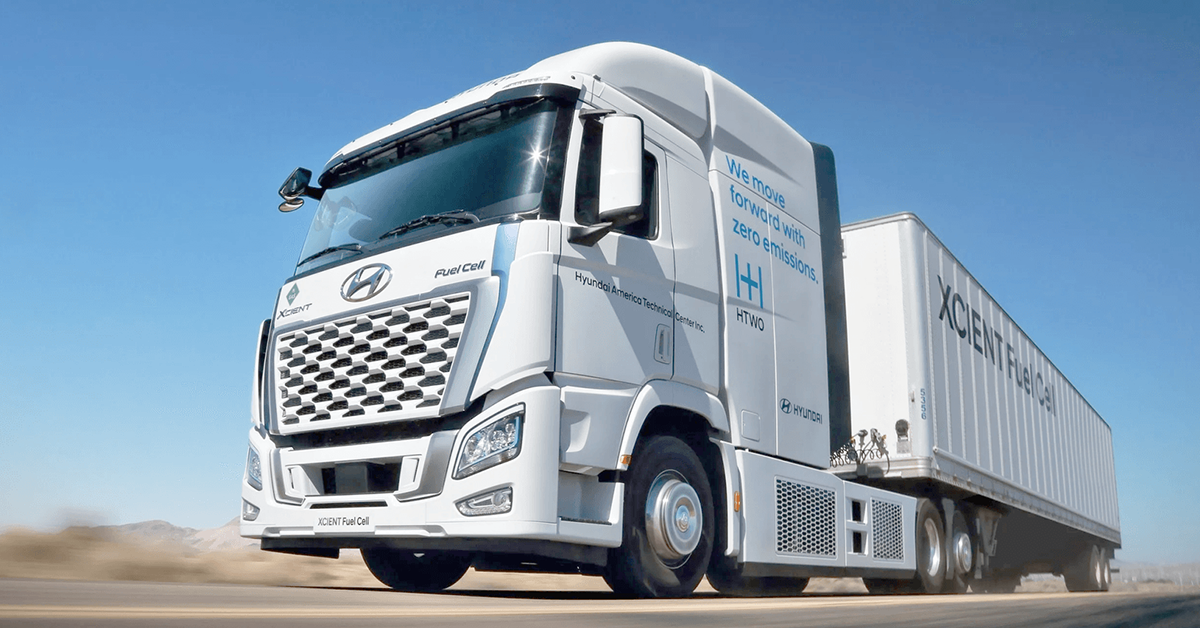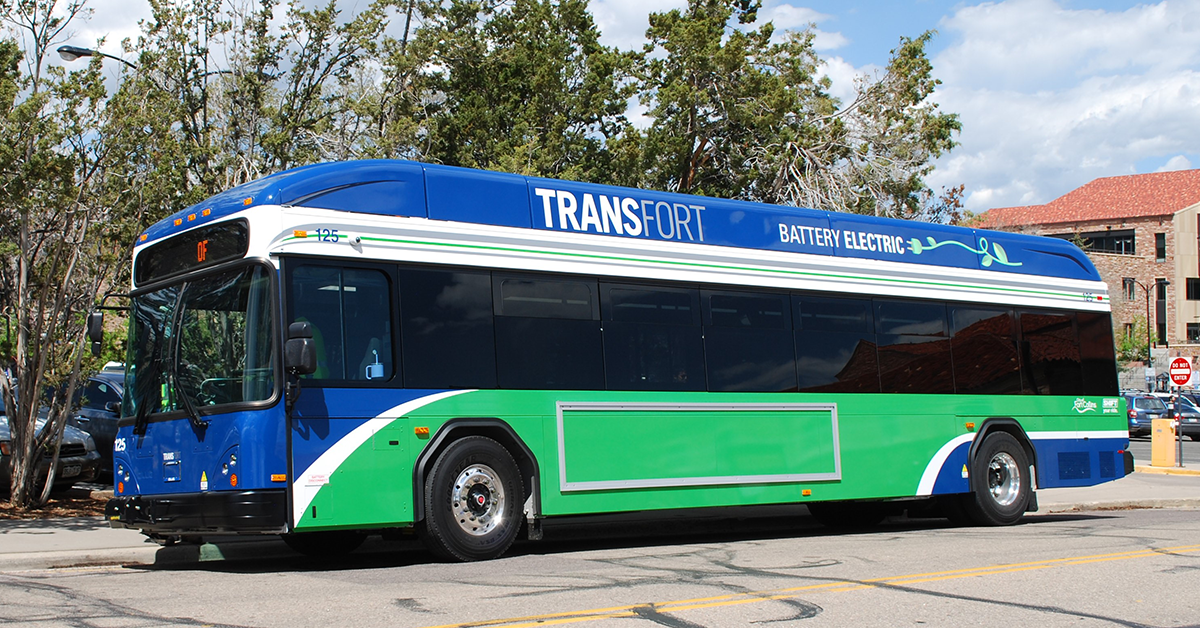
Authored by Nathaniel Horadam, Managing Consultant
President Joe Biden signed the Infrastructure Investment and Jobs Act on November 15, guaranteeing tens of billions of dollars in federal assistance for zero-emission vehicles and supporting infrastructure. Over the next five years, this funding will flow to Georgia and other states to accelerate the adoption of clean transportation technologies. Within these new and expanded programs, the bill offers clear opportunities to support Georgia's nascent hydrogen industry, which will play a crucial role in decarbonizing the state's transportation system. As an Atlanta-based nonprofit, CTE is thrilled to see these opportunities to further our mission in our own backyard.
Georgia has the potential to become a clean hydrogen hub
With concerted efforts by policymakers and industry leaders in Georgia, the next five years could see hydrogen stations installed throughout Georgia's commercial and industrial zones, supporting operations for the state's world-class freight and logistics infrastructure. These stations in turn could support new hydrogen fuel cell drayage trucks, yard tractors, and forklifts at the Ports of Savannah and Brunswick and the first fuel cell buses and ferries operated by Georgia's transit agencies. Georgia's growing solar and nuclear energy portfolio could be the centerpiece of one of the newly announced, federally funded regional clean hydrogen hubs.
CTE has supported similar hydrogen technology research, development, and deployments over the past two decades. Little of that work, however, has been located in Georgia so far because of a lack of funding and sponsorship from the public and private sectors. CTE is thrilled to see this starting to change. In August, the Atlanta Business Chronicle reported on recent efforts to expand the hydrogen industry in Georgia, including the recent announcement from Plug Power, a CTE member, regarding the development of an $84 million green hydrogen plant in Camden County. Southern Company, another CTE member and one of the largest energy providers in the United States, has also been investing in hydrogen research and development. These developments provide an important foundation to pursue and win federal funding that can bring jobs and clean technologies to Georgia over the next several years.
Multiple grant programs in the infrastructure bill include hydrogen technologies as eligible for funding, such as the $2.5 billion allocated for charging and fueling infrastructure and the $250 million allocated for truck emissions reductions at port facilities. Another $8 billion will directly support regional clean hydrogen hubs around the nation, for which Georgia is already establishing a solid foundation as discussed previously. The $4 billion for zero-emission transit buses and $250 million for zero-emission ferries could also fund procurement and deployment of hydrogen fuel cell vehicles and supporting infrastructure. The bill includes billions more directed to research, demonstration, and production of clean hydrogen technologies.
Beyond the funding in the Bipartisan Infrastructure Law, passage of the Build Back Better Act could provide an additional $5 billion for clean heavy-duty vehicles and another $3.5 billion to reduce air pollution emissions, with hydrogen fuel cell vehicles and supporting infrastructure eligible in each. As currently written, the bill also will make hundreds of millions of dollars available specifically for hydrogen vehicle fueling infrastructure and will lower the cost of hydrogen fuel through new production tax incentives. The federal commitments in the landmark infrastructure bill and those proposed in the Build Back Better Act will be crucial to the development of a robust zero-emission transportation system. These commitments also affirm CTE's longstanding position that hydrogen fuel cell technology is necessary to fully decarbonize certain transportation sectors.
CTE has the experience and expertise to support the growth of Georgia's hydrogen market
CTE's work with hydrogen started in 2005 when CTE established and managed the Southern Hydrogen and Fuel Cell Coalition under a cooperative agreement with the Federal Transit Administration (FTA). Through that program, CTE pulled together 34 private and public organizations-including more than a dozen in Georgia- to explore potential applications for fuel cell technology in the regional transportation system. CTE also assembled and managed vehicle and infrastructure demonstration projects nationwide under both FTA's National Fuel Cell Bus Program and the Department of Defense's hydrogen and fuel cell deployment program.
As new funding opportunities have emerged over the past decade, CTE successfully won awards to demonstrate hydrogen technologies on new vehicle platforms, such as Plug Power's forklifts, Hyster-Yale's top loaders, and UPS's delivery vans. Each of these projects involved robust teams of vehicle manufacturers, propulsion technology suppliers and integrators, fuel suppliers, and fleet operators. Earlier this year, the California Air Resources Board and California Energy Commission awarded a CTE-led team of 13 organizations a project involving the largest deployment of Class 8 fuel cell trucks in North America. This project team will build and deploy 30 Hyundai fuel cell drayage trucks and the supporting fueling infrastructure at the Port of Oakland. CTE has also been supporting additional hydrogen vehicle and infrastructure initiatives in various states across the United States with partners like Toyota, Shell, and Linde.
The federal government is now stepping up to supercharge development of the domestic hydrogen industry in an unprecedented manner, and Georgia's public and private fleet operators need to prepare themselves. CTE is experienced and here to help.





